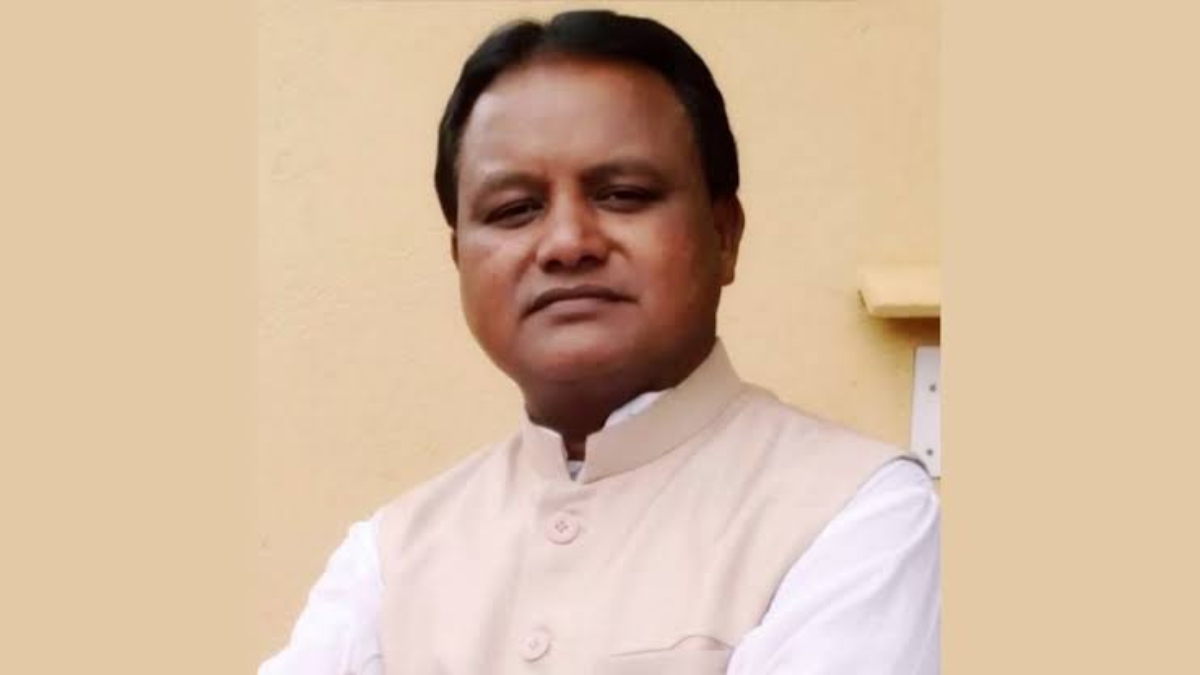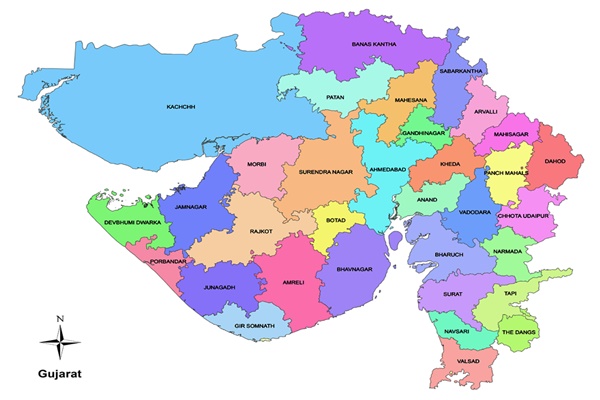UK Parliament passes Brexit authorization bill
Wed 15 Mar 2017, 09:13:06
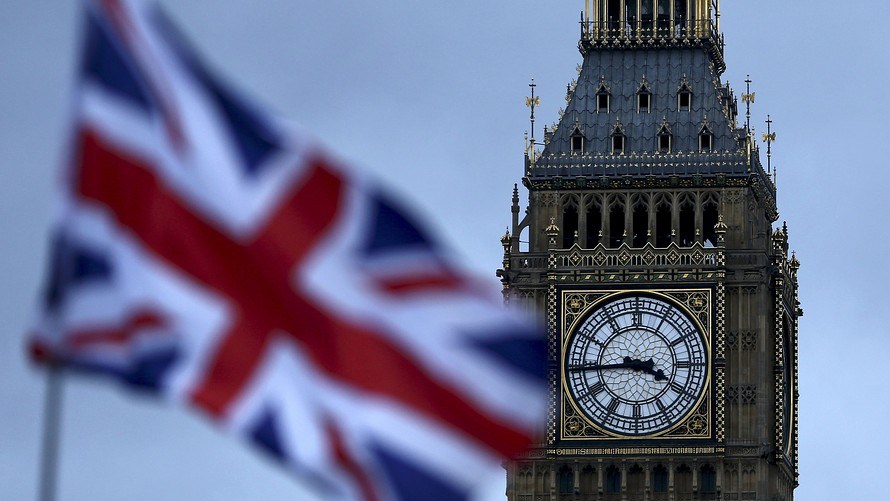
LONDON: Britain lurched closer to leaving the European Union Monday when Parliament stopped resisting and gave Prime Minister Theresa May the power to file for divorce from the bloc.
But in a blow to May's government, the prospect of Scotland's exit from the United Kingdom suddenly appeared nearer, too. Scottish First Minister Nicola Sturgeon called for a referendum on independence within two years to stop Scotland being dragged out of the EU against its will.
In an announcement that took many London politicians by surprise, Sturgeon vowed that Scotland would not be "taken down a path that we do not want to go down without a choice."
Sturgeon spoke in Edinburgh hours before the European Union (Notification of Withdrawal) Bill passed its final hurdle in Parliament's upper chamber, the House of Lords.
The House of Commons approved the bill weeks ago, but the 800-strong Lords fought to amend it, inserting a promise that EU citizens living in the U.K. will be allowed to remain after Britain pulls
out of the bloc.
out of the bloc.
They also added a demand that Parliament get a "meaningful" vote on the final deal between Britain and the remaining 27 EU nations.
Both amendments were rejected Monday by the Commons, where May's Conservatives have a majority. A handful of pro-EU Conservatives expressed their unhappiness, then abstained from the vote.
The bill returned to the Lords, in a process known as parliamentary ping pong. Faced with the decision of the elected Commons, the Lords backed down and approved it without amendments.
Labour peer Dianne Hayter, who proposed the amendment on EU citizens, said the Lords had done their best, but "our view has been rejected in the elected House of Commons, and it is clear the government is not for turning."
Once the bill receives royal assent - a formality that should be accomplished within hours - May will be free to invoke Article 50 of the EU's key treaty, triggering two years of exit negotiations, by her self-imposed deadline of March 31.
No Comments For This Post, Be first to write a Comment.
Most viewed from International
Most viewed from World
AIMIM News
Latest Urdu News
Most Viewed
May 26, 2020
Do you think Canada-India relations will improve under New PM Mark Carney?
Latest Videos View All
Like Us
Home
About Us
Advertise With Us
All Polls
Epaper Archives
Privacy Policy
Contact Us
Download Etemaad App
© 2025 Etemaad Daily News, All Rights Reserved.




.jpg)
.jpg)
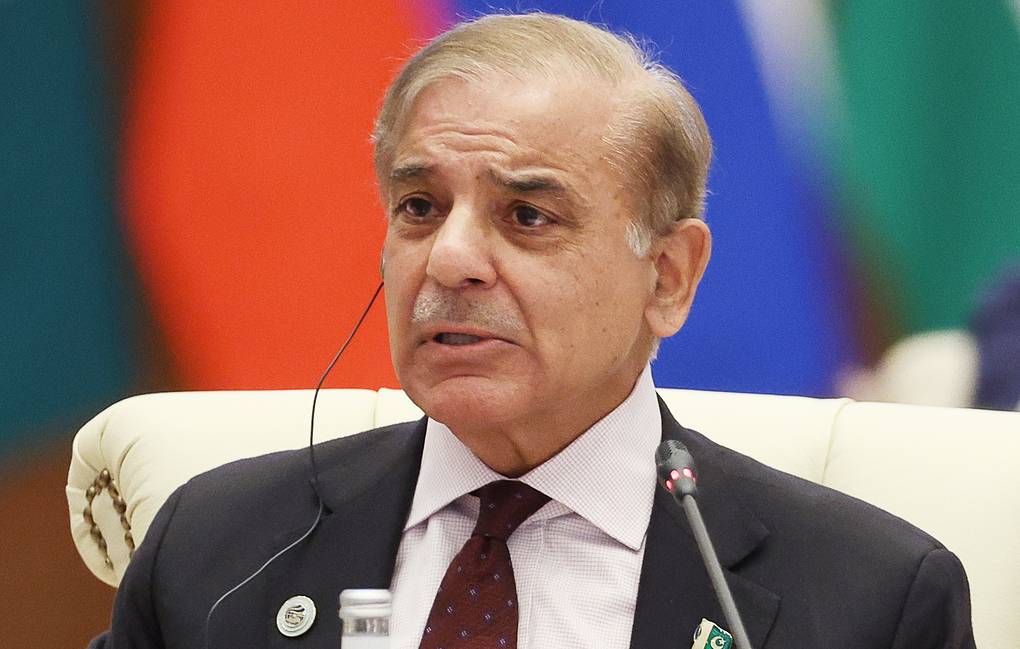

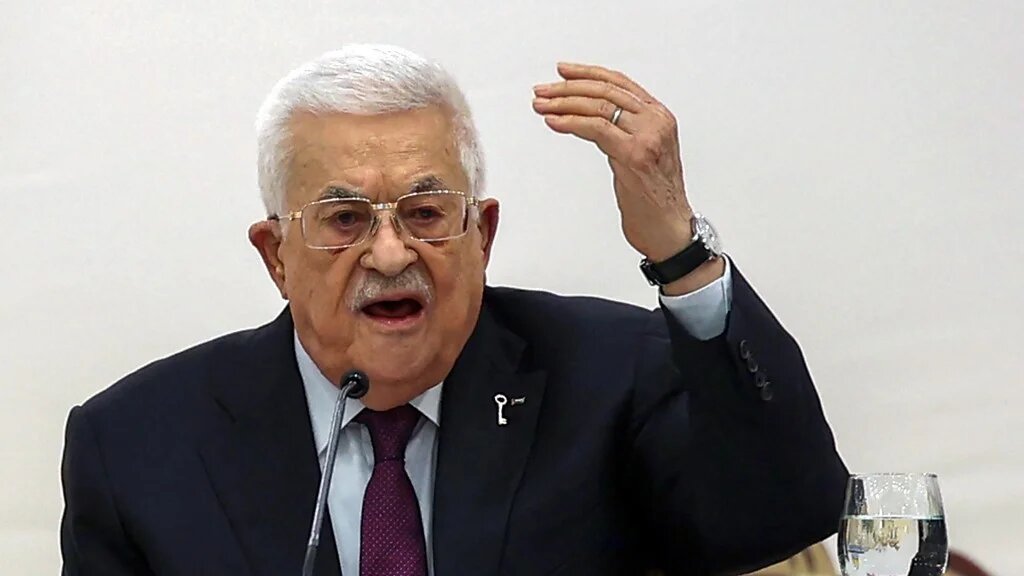
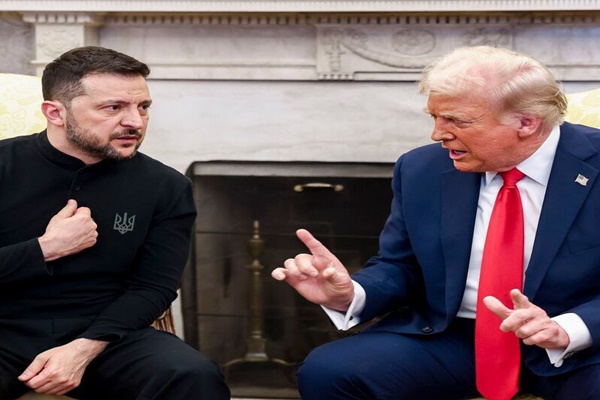

.jpg)
.jpg)





